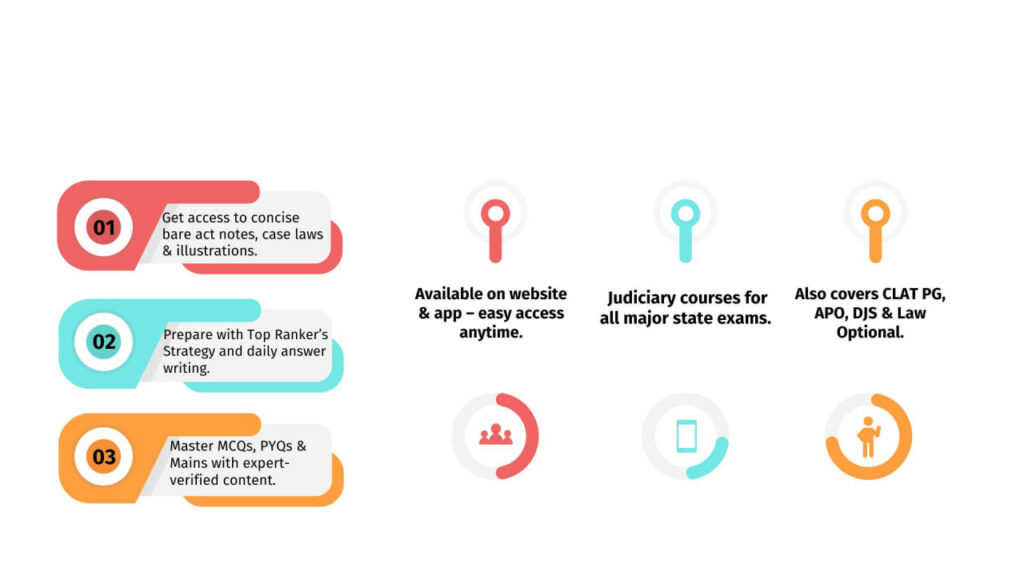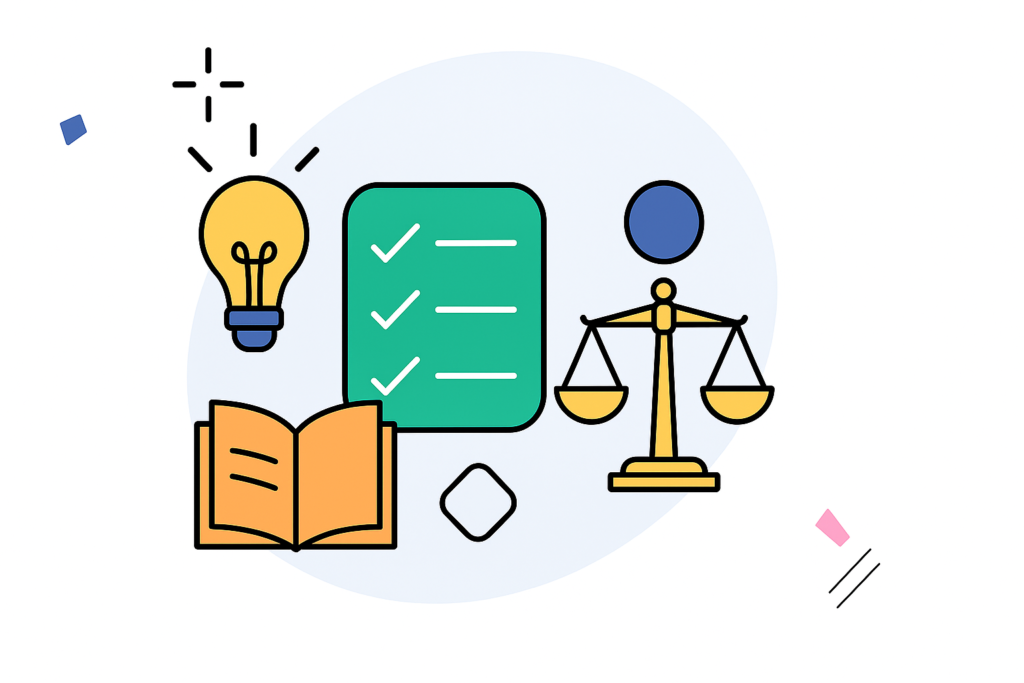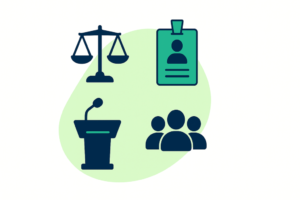You’ve studied hard. You’ve revised every topic. You’ve solved countless past papers. But when it’s time to shine, your mind goes blank, your heart races, and your confidence crumbles. Sound familiar? You’re not alone.
Even the best-prepared candidates can face performance anxiety during high-pressure moments like judiciary exams. But here’s the good news: You can overcome it. Let’s understand what’s really happening and how to regain control.
Understanding Exam Anxiety: What’s Really Going On?

Exam anxiety isn’t just “nervousness.” It’s a mix of stress, fear, and self-doubt that can sabotage even the most dedicated students. It manifests as:
- 🔹 Sweaty palms and rapid heartbeat
- 🔹 Negative self-talk and fear of failure
- 🔹 Trouble concentrating or blanking out
- 🔹 Physical discomfort, stomach flips, headaches, or restlessness
This doesn’t just affect your performance, it affects your self-belief.
What Causes Judiciary Exam Stress?
Understanding the root helps in managing it better:
🔹 Pressure to Perform
- “My whole future depends on this”; a heavy thought that builds tension.
🔹 Last-Minute Cramming
- Incomplete preparation fuels panic and self-doubt.
🔹 Perfectionism
- Believing anything less than perfect = failure. A mental trap.
🔹 Negative Self-Talk
- “I’m not good enough” or “Others are better than me.”
🔹 Past Failures
- Old setbacks can mentally haunt and overshadow progress.
Reminder: A little stress is okay, it keeps you alert. But too much? It becomes toxic and counterproductive.
How to Manage Judiciary Exam Anxiety Like a Pro
Here are proven strategies to help you stay calm and focused under pressure:
🔹 1. Prepare Smart, Not Just Hard
- Break the syllabus into small, achievable tasks
- Use planners and stick to a revision schedule
- Start early to build momentum and confidence
🔹 2. Practice Daily Relaxation
- Incorporate deep breathing, meditation, or progressive relaxation
- Just 10 minutes a day can stabilize your emotional state
🔹 3. Silence the Inner Critic
- Replace fear-based thoughts with empowering affirmations:
“I’ve prepared. I’m capable. I will give my best.”
🔹 4. Talk it Out
- Share your feelings with a friend, mentor, or therapist
- Verbalizing anxiety reduces its weight
🔹 5. Move Your Body
- Physical activity releases endorphins
- Walk, jog, dance, or stretch, anything that keeps you moving
🔹 6. Use Power Affirmations
Train your brain to believe in your strength:
- “I am ready.”
- “I am calm.”
- “I’ve got this.”
Your mind believes what you feed it. Feed it confidence.
This Is Just One Step in Your Journey
Judiciary exams test not just your legal knowledge, but your emotional resilience. Your mindset matters. And the truth is, anxiety is normal. It’s how you respond that makes the difference.
Trust your prep. Believe in your journey.
Take a breath. Ground yourself. Know that you are capable. And when the doubts creep in, remember: Your calm is your power. Your confidence is your weapon.
Want Help Mastering Your Mind & Routine?

Edzorb Law isn’t just about books and lectures.
It’s also about mental mastery.
Join the Edzorb Mindfulness & Mentoring Program
- Get expert guidance on managing exam stress
- Learn mindfulness techniques tailored for judiciary aspirants
- Stay consistent with your study and mental wellness goals
Keep Showing Up. Keep Believing.
Because your mindset is just as important as your study plan. And in case you forget, we’re with you, every step of the way.
Edzorb Law got your back.

 Podcast
Podcast








 Features
Features






